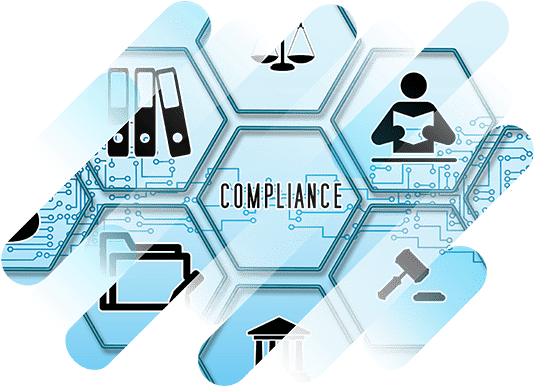Discover how Myra combines digital sovereignty and cyber resilience.
Home>
F5 alternative












![]init[](https://www.myrasecurity.com/assets/79302/1674209677-init_logo_farbe_190x74-1.png?auto=format)














Myra vs. typical US competitors
BSI ISO 27001 based on IT-Grundschutz certified | ||
KRITIS operator in accordance with Section 8a (3) BSI Act | ||
BSI C5 Type 2 audited (Cloud Computing Compliance Criteria Catalogue) | ||
Full score (37/37) in the BSI comparison for DDoS mitigation providers | ||
Legally GDPR compliant (not subject to US CLOUD Act and FISA Section 702) | ||
IDW PS 951 Type 2 (ISAE 3402) | ||
ISO 9001 quality management | ||
Option to exclusively process data in German data centers | ||
Technology development in EU / Germany | ||
Company management based in EU / Germany | ||
EU / German law applies | ||
Enhanced business continuity through default direct connect to the protection infrastructure | ||
User-defined escalation paths | ||
Regular, spontaneous testing by reputable third-party providers | ||
Real-time support for Splunk/Vector/SIEM |
Espionage, data leaks, supply chain risks
Why US providers pose a security risk
When choosing a cloud service provider, it is not only technological aspects that count – the legal framework is also crucial. Providers subject to US law pose significant risks in terms of surveillance, data protection, and supply chain security. This aspect is becoming increasingly important, especially in light of geopolitical tensions, a potentially authoritarian US government, and diverging data protection laws in the EU.
US laws with critical implications for your data
CLOUD Act
Requires US companies to hand over electronic data – even if it is stored on servers outside the US.
FISA 702
Authorizes US intelligence agencies to monitor the communications of non-US citizens outside the US for the purpose of gathering intelligence.
PATRIOT Act
Enables comprehensive government access to communications and business data – originally intended for counterterrorism, but now a risk to corporate data.
TLS-Terminierung
Digital backpack checks as a data protection challenge
TLS encryption effectively protects confidential data from unauthorized access – but at the same time makes it more difficult to detect cyber attacks. In order to detect threats in encrypted data traffic, security systems must temporarily decrypt it (TLS termination) – similar to checking bags when entering large events.
Since this also reveals sensitive content, TLS termination is a particularly sensitive process from a data protection and compliance perspective. Only providers with in-depth expertise and the highest data protection standards can implement this technology in a legally compliant and GDPR-compliant manner.
How it works
Myra Security
Decryption takes place exclusively in certified data centers in Germany
All data remains entirely within the EU legal area
No access by US authorities – outside the reach of FISA, CLOUD Act & Co.
US providers
Risk of data transfers to the US – legal uncertainties
Directly subject to US laws such as FISA 702, CLOUD Act, PATRIOT Act
Access to data possible – even when stored within the EU
This is what other say about us























